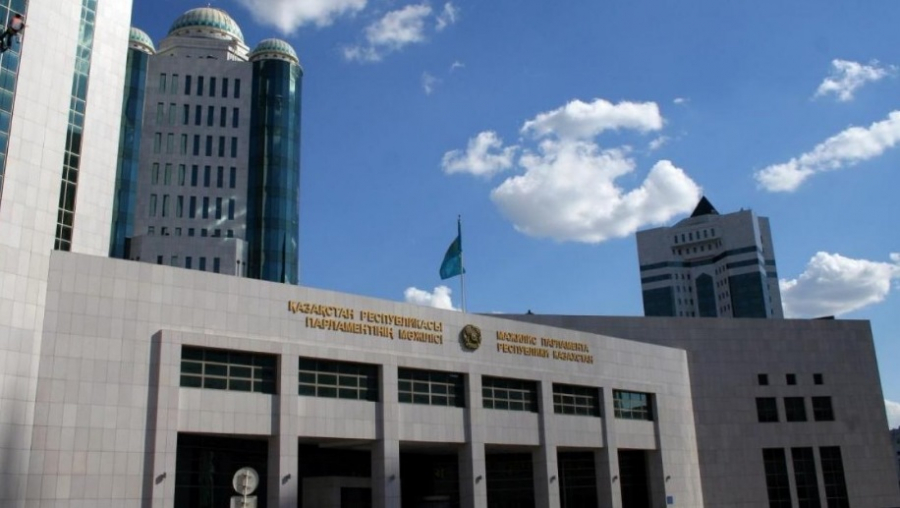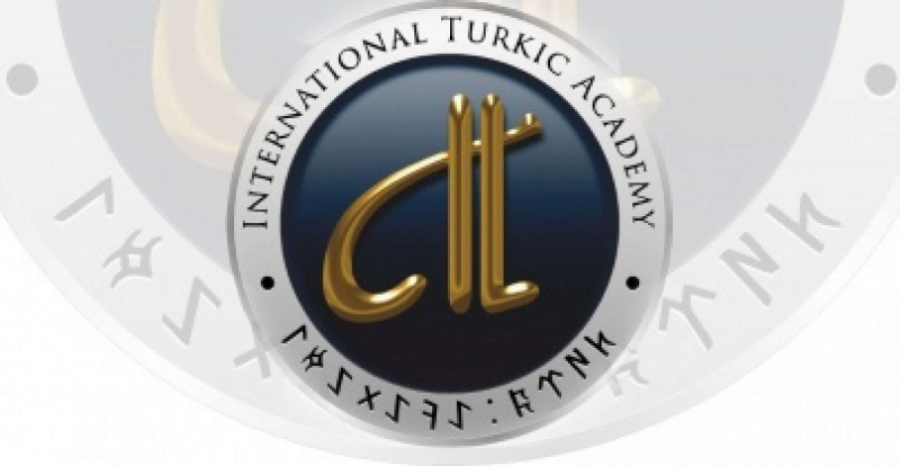
Kazakhstan will regulate mobile payments and transfers at the legislative level. The new amendments to the country’s Tax Code were discussed at a plenary session of the Lower House of Parliament. According to the Mazhilis members, recently domestic entrepreneurs have been actively accepting mobile transfers as payment for goods or services. In the first eight months of this year, Kazakh residents transferred over 43 trillion tenge (US$100.2 billion) using mobile bank applications. The members of the Mazhilis approved in first reading amendments to the bill to eliminate shadow turnover in business. They are aimed not only at improving tax discipline among entrepreneurs, but also at protecting the rights of Kazakh consumers.
“In this bill, we are now specifying the concept of "What is mobile payment?" This is the form of payment that is now being introduced into the tax code, because there are now only two forms of payment, namely cash and card transfer through point of sale terminals, with obligatory collection of a fiscal receipt when providing goods and services,” said Sergey Simonov, Member of Mazhilis, Lower House of Kazakh Parliament.
With the adoption of this law, second-tier banks should focus on improving their financial products. These include the separation of cash and business accounts, simplification of the procedure for issuing a receipt for payment by mobile transfers, and, in general, the modernization of mobile applications. Now, in addition to the line ‘transfer’, the line ‘payment’ should also appear.
“As we discussed today, ‘transfers’ are made among relatives, and "payment" is used for goods and services. When you pay for the goods or for the service, you must leave a sign of "payment", confirming the fact that for the product or for the service was paid. Tax authorities will receive information from second-tier banks on these types of payments,” said Marat Sultangaziyev, Kazakh Vice Minister of Finance.
According to the Mazhilis, no new taxes will be imposed on entrepreneurs. The rates, due dates and reporting procedures will remain the same.
Translation by Assem Zhanmukhanova
Edited by Saule Mukhamejanova









